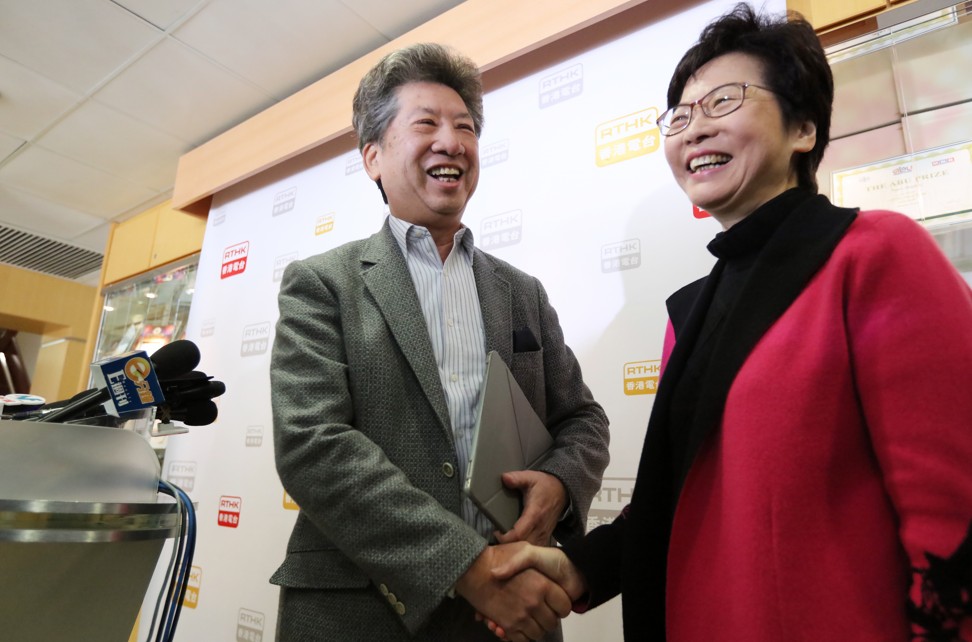
Hong Kong must enact Article 23 national security law on its own – or risk China imposing one on it
Mike Rowse says the group of lawyers, academics and politicians that monitored the government’s botched attempt to introduce it in 2003 – which included current Exco member Ronny Tong – should be the ones drafting it
It is time to cut the Gordian knot and work out a way forward on Hong Kong’s national security legislation. I have in mind a group of people unusually qualified for the job.
Beijing must feel exasperated that 20 years after the Basic Law came into effect, nothing has been done.
What is the Basic Law of Hong Kong?
It would be hard to blame the central authorities: in their eyes, the phrase “on its own” was a huge concession to the special administrative region and we’ve done nothing with it.

The best way to describe the local administration is that it is still suffering post-traumatic stress disorder from the events of 2003. The administration at the time prepared a pretty draconian draft law.
Some lawyers, politicians and academics formed an ad hoc Article 23 Concern Group, which studied international practice in these areas and suggested considerable changes. The government accepted some suggestions, but doubters wanted a full public consultation on the legislation, which the administration was not willing to concede.
When the government said it would press ahead, the Liberal Party withdrew its support, half a million people showed up peacefully in the streets, the secretary for security resigned and the legislative process was halted.
Fear and loathing: which way forward for Article 23 national security law in face of stiff opposition in Hong Kong?
Where does that leave us? There is nobody the opposition trusts to draft legislation in this area, yet its acquiescence if not outright support is required if the law is to be promulgated without provoking unrest.
To make the process smoother, rather than being comprehensive and covering all elements of Article 23, maybe it could cover a few of the more straightforward ones first.
Hong Kong does need to revisit Article 23 – not to criminalise calls for independence, but to modernise our outdated sedition laws
National security laws must do justice to Hong Kong
I have floated this idea privately and publicly. Several counter-arguments have been advanced. One is that the process will be like trade negotiations and if you go first with your ideal version, then all discussion will be moving away from it towards the other side’s position.
I do not find this argument compelling: starting with an ideal version then forcing the other side to justify in full public view deviating from that position is surely superior to starting with a more severe draft, then trying to claw back concessions.
How Article 23 security law could help Hong Kong’s pan-democrats win political reform bargain
Another counter-argument is that what is in the law is less important than how it is implemented. It may be correct but not an argument for not making the legislation as fair and reasonable as possible. After all, would we rather the police and the courts were operating under the aegis of a bad law or a good one?
Finally, there is the argument that Article 23 is the “third rail” of Hong Kong politics and whoever touches it will be electrocuted. There is some truth in that.
But an alternative possibility is that if a group is seen to be acting responsibly and getting a dangerous monkey off the back of Hong Kong people, its members will earn respect.
In a situation where doing nothing is not an option and the alternatives are worse, that is a chance worth taking.
Mike Rowse is the CEO of Treloar Enterprises. [email protected]


